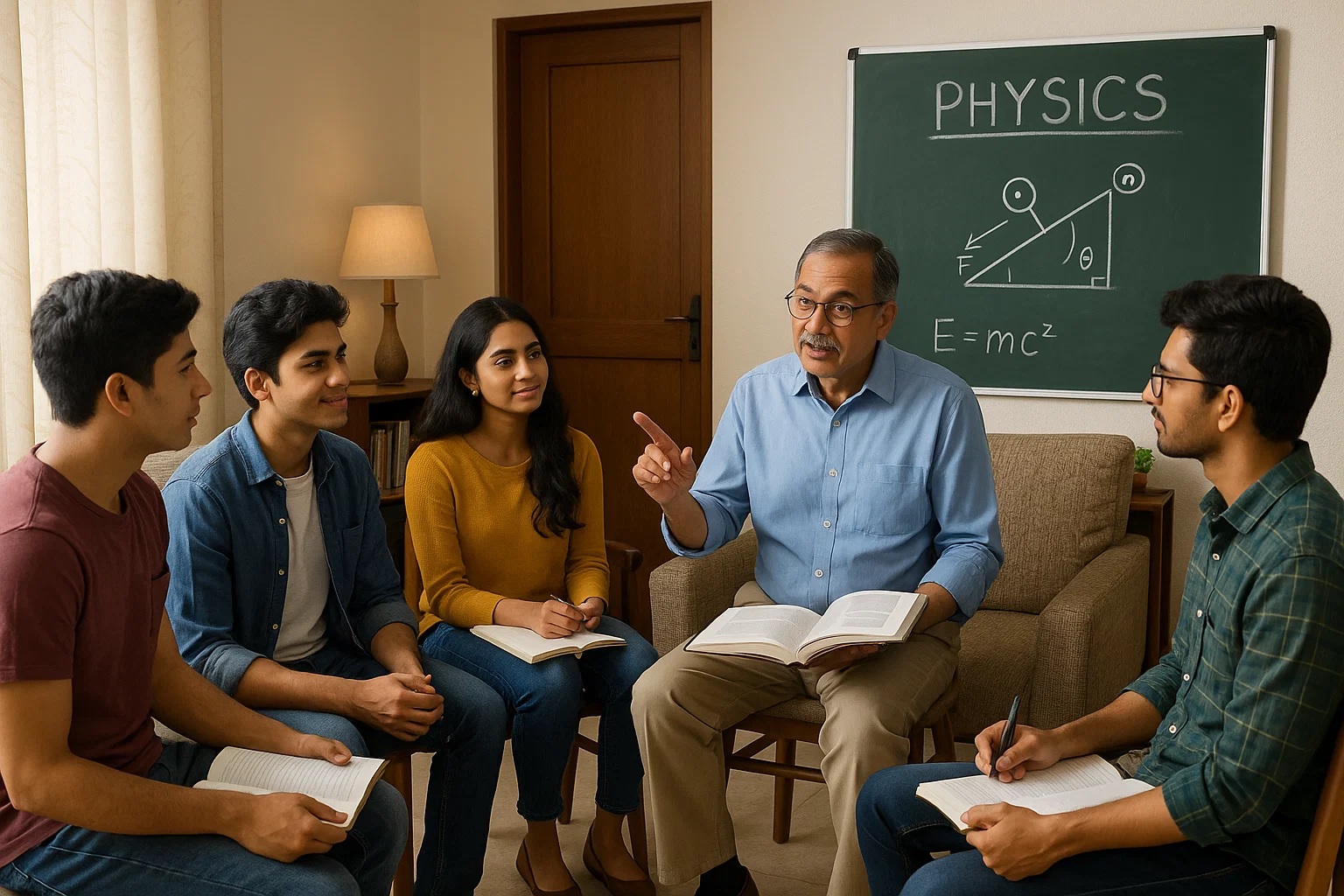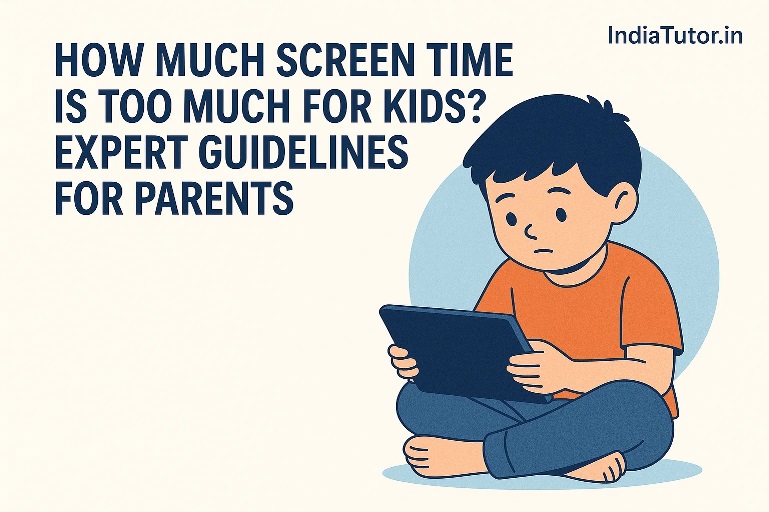As a parent in today’s digital world, it can feel almost impossible to keep children away from screens. Smartphones, tablets, laptops, and TVs have become a big part of daily life. They help kids learn, play, and stay connected, but too much screen time can have serious effects on their physical health, mental well-being, and learning abilities.
In recent years, researchers and child health experts have been studying the impact of prolonged screen exposure. The results are clear – while technology has many benefits, excessive use can harm children’s development. So, how much is too much? And how can parents create a healthy balance?
What Experts Recommend
The World Health Organization (WHO) suggests that children under 2 years should have no screen time at all, except for video calls with family. For children aged 2 to 5 years, screen time should be limited to one hour a day, and for those above 6 years, it should not exceed 2 hours a day for recreational purposes. The American Academy of Pediatrics (AAP) also supports these limits, encouraging parents to focus on quality content and shared viewing rather than letting children watch alone.
Why Too Much Screen Time Is a Problem
Excessive screen time can lead to a number of issues. One of the most common is reduced physical activity. When children spend hours on screens, they are less likely to engage in outdoor play or sports, which can affect their fitness and growth. Studies have linked high screen use with an increased risk of obesity, poor posture, and even early vision problems like digital eye strain.
There are also concerns about mental health. Research has shown that children who spend more than 3 hours a day on screens are more likely to report symptoms of anxiety, depression, and poor sleep. This is often because screens, especially at night, can interfere with the body’s natural sleep cycle. Blue light from devices suppresses melatonin, the hormone that helps us sleep.
From an academic perspective, screens can be both a friend and a foe. Educational apps and videos can improve knowledge, but constant exposure to fast-moving content, like short-form videos and games, can shorten attention spans. Teachers often report that children who spend a lot of time on screens find it harder to focus in class and are more easily distracted.
Finding the Right Balance
The good news is that screen time does not have to be harmful if managed well. Here are some practical tips for parents:
Set daily screen limits according to your child’s age.
Encourage regular breaks during screen use to prevent eye strain.
Prioritize outdoor play, hobbies, and physical activities over passive screen time.
Avoid screens at least one hour before bedtime to improve sleep quality.
Watch content together with your child so you can discuss and guide them.
Making Screen Time More Productive
Not all screen time is equal. Watching educational videos, attending online classes, or engaging in creative projects like coding or drawing can be far more beneficial than endless scrolling on social media or playing violent video games. Parents can help by introducing children to quality educational platforms and apps that encourage thinking, creativity, and skill-building.
Screens are here to stay, and in moderation, they can be a powerful tool for learning and connection. The key is mindful use. By setting limits, choosing quality content, and encouraging other forms of play and learning, parents can help children enjoy the benefits of technology without falling into the trap of overuse.
The right amount of screen time is not just about numbers; it is about creating a balanced lifestyle where technology supports growth rather than replacing it. As parents, we have the responsibility to guide our children towards healthy, balanced habits that will serve them well throughout life.
By Nidhi Mehta – Founder – IndiaTutor.in

